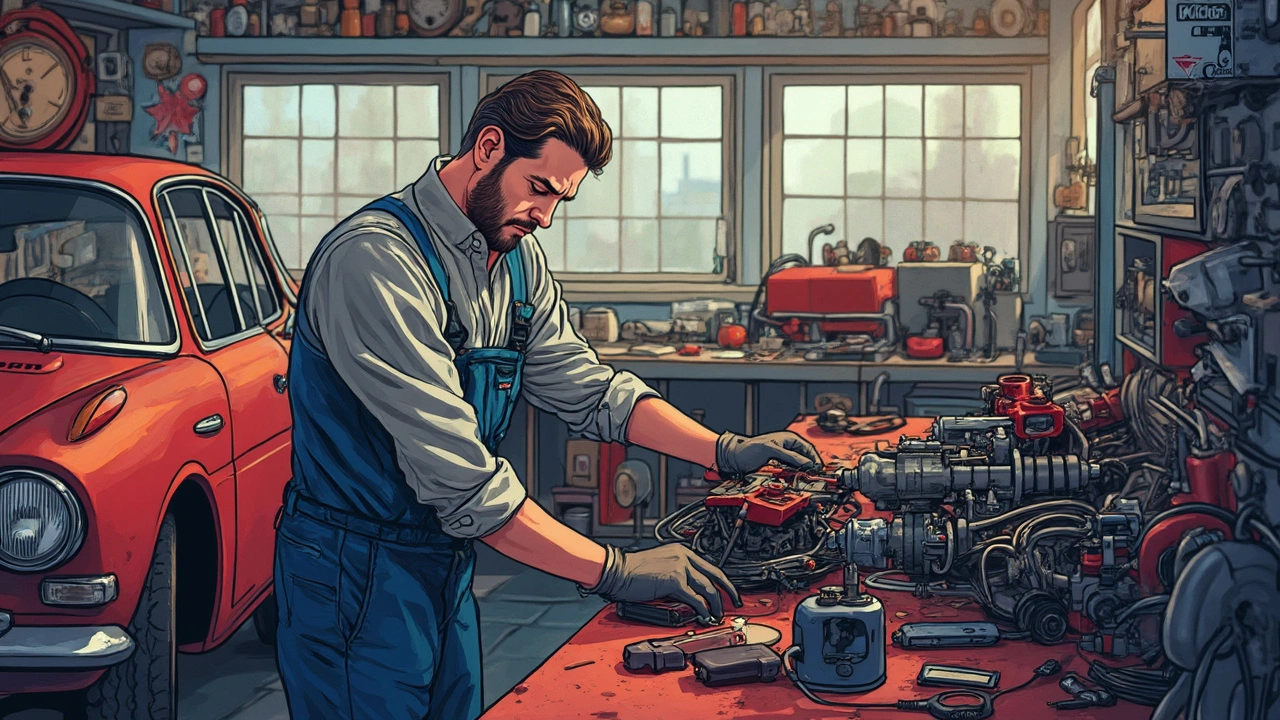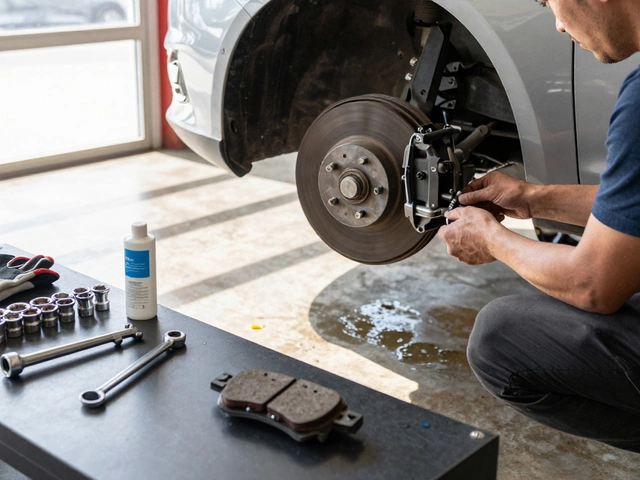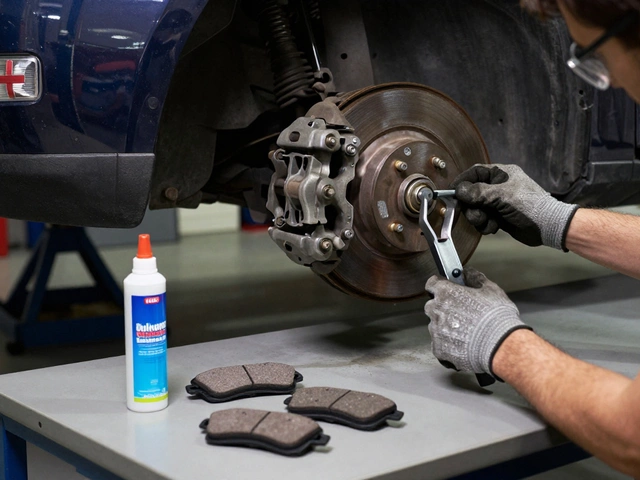Vehicle Maintenance: Essential Checks and Common Fixes for Your Car
When it comes to keeping your car reliable, vehicle maintenance, the routine care that keeps your car running safely and efficiently over time. It's not just about changing oil—it's about catching small problems before they turn into expensive breakdowns. Whether you're driving a 5-year-old hatchback or a 15-year-old sedan, regular checks on key systems like the brake rotors, the metal discs that slow your car when you press the brake pedal, or the fuel pump, the component that delivers gasoline from the tank to the engine can save you hundreds—or even thousands—in repair bills. And let’s be real: if your radiator starts leaking or your battery dies in winter, you’re not just inconvenienced—you’re stranded.
Most people think vehicle maintenance means waiting for the check engine light to come on. But that’s like waiting for your tooth to hurt before brushing it. The real trick is knowing what to look for before things fail. A slipping clutch doesn’t just feel weird—it’s telling you the friction material is worn thin. Bad shock absorbers don’t just make your ride bumpy—they hurt your tire life and braking distance. And skipping oil changes? That’s not saving money. That’s slowly turning your engine into a rusted paperweight. You don’t need to be a mechanic to spot these signs. You just need to know what to check and when.
Below, you’ll find clear, no-fluff guides on exactly what to watch for in your car’s most critical systems. From how to read your oil dipstick correctly to knowing when brake rotors need replacing instead of just pads, these posts give you the facts without the jargon. You’ll learn how long radiators really last, whether an empty tank is needed to swap a fuel pump, and why your exhaust might be louder than you think—and whether that’s legal. These aren’t theory pieces. These are the things real drivers in Stevenage and across the UK have dealt with, fixed, or avoided thanks to simple checks done at home or with a trusted local shop.
If you’ve ever wondered if your car is safe to drive, or if you’re being upsold on repairs you don’t need, this collection gives you the tools to ask the right questions—and make smarter calls. No guesswork. No hype. Just what actually matters for your car’s health, your wallet, and your peace of mind.









